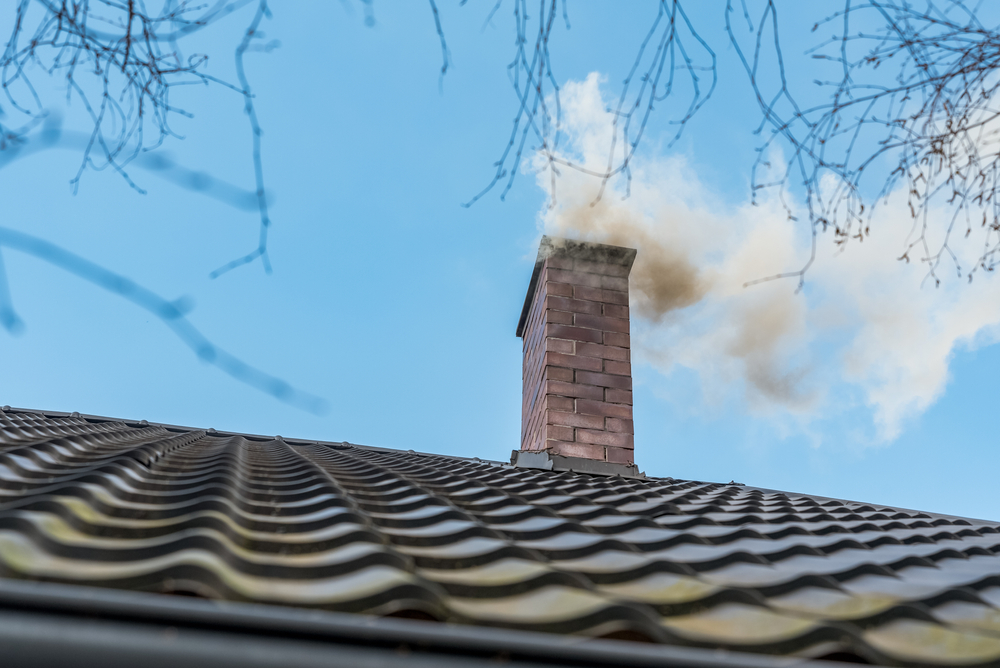Heating-related fires happen in tens of thousands of homes across the United States every year, and the leading factor contributing to home heating fires is “failure to clean” according to the National Fire Protection Association. Creosote accumulation inside of your chimney might not be noticeable to you until it is too late. Regular chimney maintenance is crucial to keep your home safe. What maintenance should you have done every year?
Never Skip Your Annual Chimney Inspection
One of the most important steps in chimney maintenance is scheduling an annual inspection. During the inspection, an experienced and trained chimney professional will check for creosote buildup, structural damage, and any blockages that could increase fire risk. The Chimney Safety Institute of America (CSIA) recommends having your chimney inspected at least once a year, even if you don’t use it often. Regular inspections ensure that any issues are caught early and that your chimney is in good working condition.
Clean Your Chimney As Often As Needed
Many people assume that an annual inspection and cleaning is enough to keep them safe, but that isn’t always the case. If you use your chimney a great deal during the winter months or use wood that produces more creosote, you should have your chimney cleaned more often. Creosote, a byproduct of burning wood, is highly flammable and a leading cause of chimney fires. A professional chimney sweep will remove soot, creosote, and any debris that might be obstructing the flue, which significantly reduces the risk of a chimney fire.
Ensure Proper Ventilation
Proper ventilation is critical to stop creosote accumulation and ensure that smoke and gases can leave your home. If your chimney’s flue is not ventilating properly, fires will burn inefficiently and lead to increased creosote formation. Make sure your damper is open when the fireplace is in use and that your chimney liner is in good condition.
Only Burn Seasoned Firewood
The type of wood you burn can have a significant impact on the condition and safety of your chimney. Seasoned firewood, which has been dried for at least six months, produces less creosote than green or wet wood. Wet wood burns at a lower temperature, which causes more smoke and creosote buildup. Always store your firewood in a dry place and avoid burning trash, cardboard, or treated wood, as they can release harmful chemicals and accelerate creosote buildup.
Use a Fireplace Screen
A fireplace screen serves as a protective barrier between the fire and your living space. It will help prevent sparks and embers from escaping the fireplace and starting a fire inside your home. Any time you have a fire lit, it is a good idea to utilize a fireplace screen or the doors to your fireplace.
Be Careful with Ash Disposal and Fireplace Tools
Improper ash disposal can lead to accidental fires. Always use a metal container with a tight-fitting lid to store ashes and make sure the ashes are completely cool before disposing of them. Avoid using flammable liquids to start a fire and keep fireplace tools like pokers and tongs in good condition to avoid accidents.
Keep Your Home Safe with Clean Sweep Maryland
Call Clean Sweep Maryland today at 410-558-1111 for professional chimney sweep, slate roofing, and duct cleaning services designed to keep all your listed properties clean and safe for sellers and buyers. If you are a prospective home buyer or home seller in need of chimney inspection or repairs, we are here to help.



